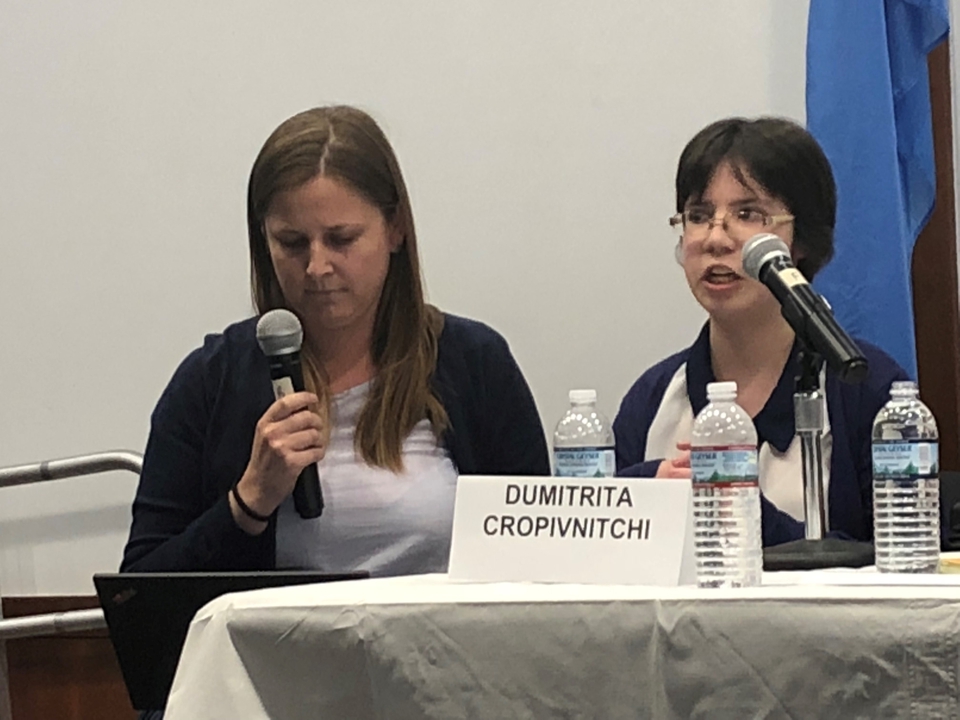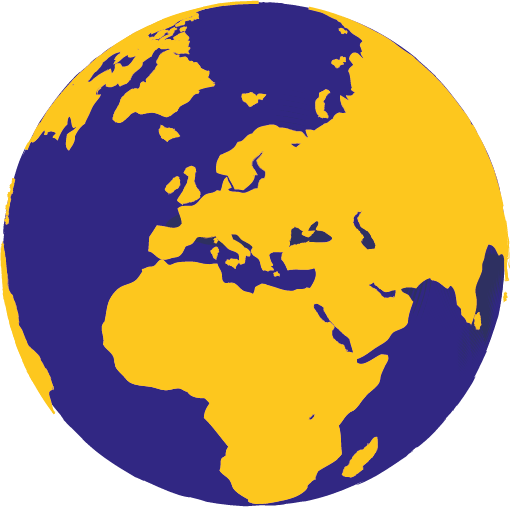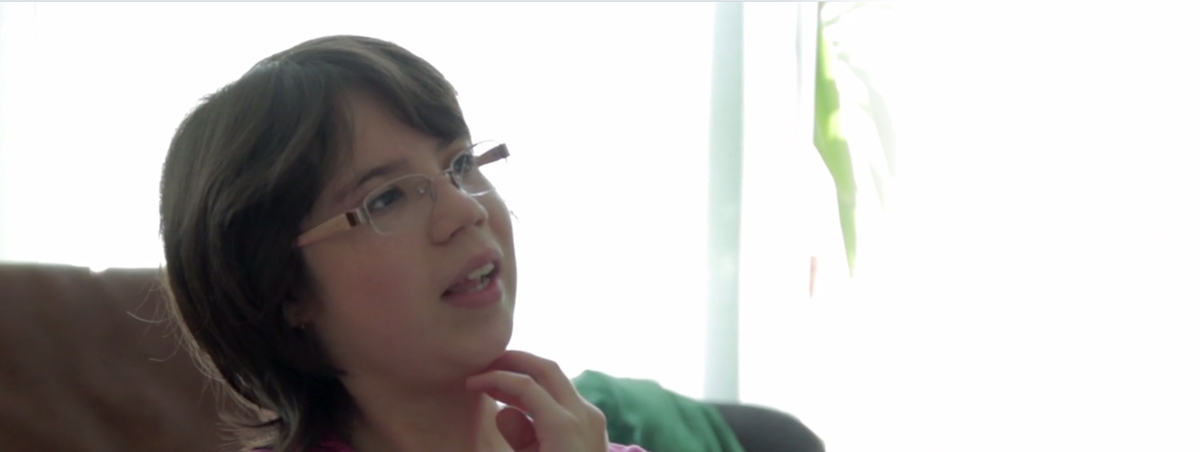Dumitriţa is a Lumos self-advocate from Moldova. As a person with a disability she gained first hand experience of life within an institution, and as a young self-advocate now speaks on the importance of inclusive education for all.
On the 12th of June, Dumitriţa addressed over 100 people at the Conference of States Parties to the Convention on the Rights of Persons with Disabilities. Partners Inclusion International, Human Rights Watch, and Unicef were in attendance. At the very end of the event, when the moderator asked the panelists to make closing statements, Dumitriţa was the final panelist to speak. She put a tearful question to the audience: "What would it be like if you were in my place? Would you do more to improve the lives of people with disabilities?" She got a standing ovation.
Read her speech below.
Dumitriţa's Speech
"Good Afternoon everyone,
My name is Dumitriţa, I am 17 years old and come from Moldova. I am a member of the Youth Advisory Board, supported by Lumos Foundation, in my country.
I was delegated by my colleagues to participate at this Conference to speak on behalf of all children who have experience of living in institutions.
I'll start with my experience, which was a sad one. I was almost 6 years old when I was separated from my family because of my disability.
The mainstream school, in my community was not prepared to accept children with disabilities, so, for my family the only solution was to place me in a residential institution. Not being even 6 years old, I was deprived of my family, I was taken to be with another 10 children in a big and cold room! There I got attention only when it was my turn! Care and love were not a part of the daily program!
As long as I was living in the institution, I felt like time stopped. Life without my parents was full of sadness and that made me suffer. I lived like this for 5 years.

After years, many things started to change... Moldova launched the reform of residential institutions and progress was being made in the education system as well. The reform included the school in my home village, which became an inclusive one. So, with the support of Lumos, of my family and of the specialists, I was able to come back in my community and to go to school, together with my peers.
I would like to tell you that it has been difficult for me, and for my colleagues, as well.I was afraid I'd be rejected, I would not be able to make friends and follow the school program.The fact that we’ve interacted and talked a lot with my new colleagues, that we did many things together, helped us get closer and I managed to overcome the difficulties and concerns I had. My colleagues helped me a lot and I became an active part of the class.
Unfortunately, my story is not unique. Now, in the world, there are millions of children who still live in the residential institutions without any hope of getting out of there.
For so many of them, disability was the cause that made them end up there. Disability should not be an obstacle, a reason why a child should be separated from its family, a reason why they should not have access to education and the services they need to stay in family and community.
We are here, together, to discuss how the Convention on the Rights of Persons with Disabilities is implemented into reality. How the rights of people with disabilities are ensured, and how we ensure the rights of children with disabilities, who need so much support for adults to claim them.
Progress has been made, but many unsolved issues still remain. Many people with disabilities, after graduating the compulsory general school, do not have access to other education levels, do not have access to professional studies, because even the physical environment is not adapted to provide them access. There are no programs or policies to meet our great needs. As well, it is very difficult, or even impossible, to find a job that would allow people with disabilities to develop their capacities and have an independent life.
Access to services, public institutions, transport and informationis not ensured, thus limiting the respect of the declared rights of persons with disabilities. This violates their rights, making them vulnerable and dependent on others; deprived of hope and a future. People with disabilities need to be supported in developing their potential to be able to live an independent and happy life!
The world was built by common efforts, not only by one person, so we all need each other to make progress. I think we must start from here: to interact more with each other, to discover and capitalize on what everybody can do, to give trust and accept each other as we are. We all have the same rights and ensuring these rights is mandatory for all and by all.
I truly believe that people with disabilities can contribute to the progress of society and humanity! They can be active, they can have a future, they can create their own families, they can support other people and can be the human resource to build a better and fair world for everyone.
Together we can do, and we will make this change happen.
That's why we're here."
Read more about inclusive education in Moldova here, or watch this film to hear from the pupils, staff and parents of children who attend an inclusive school in Moldova.



